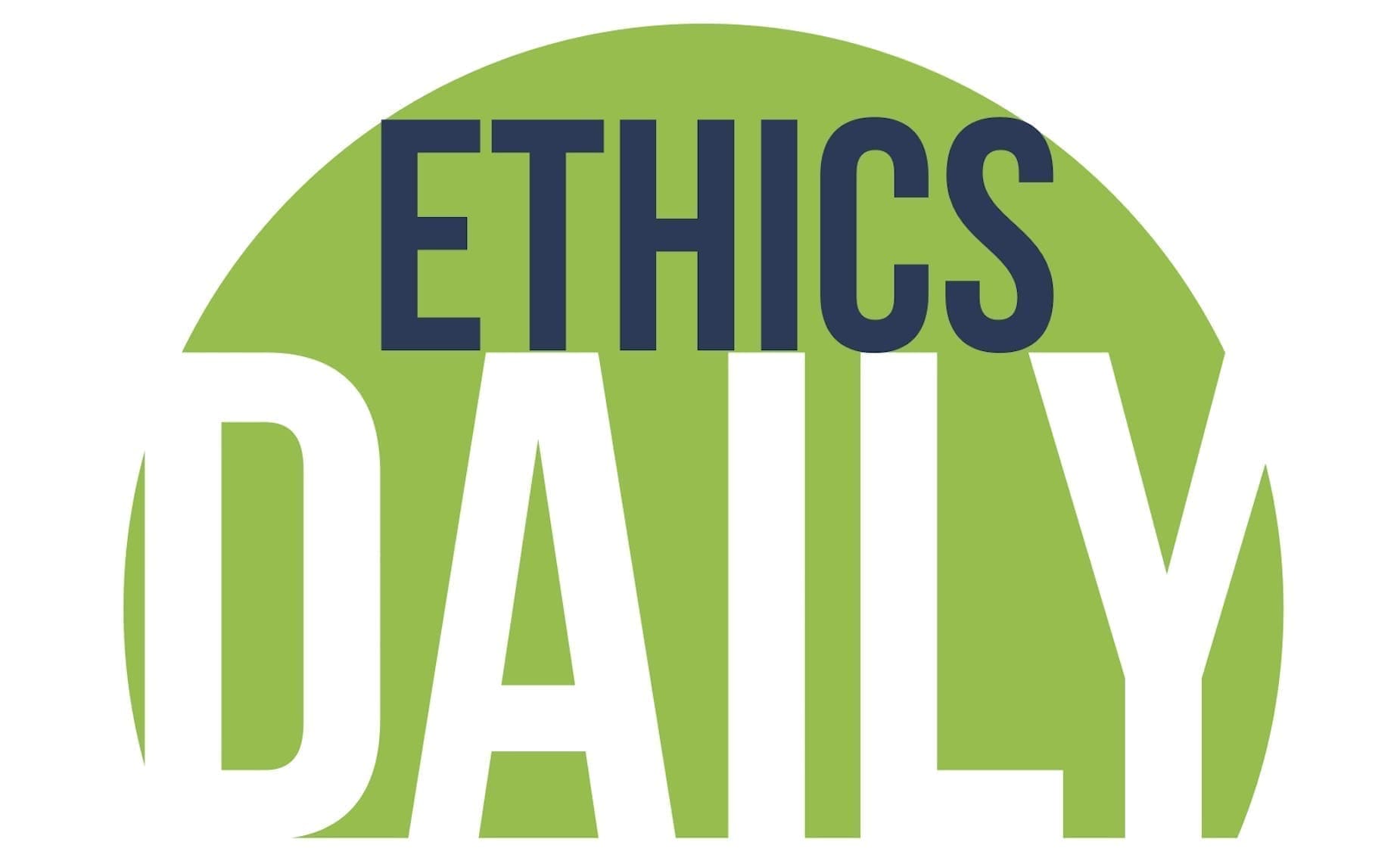Progress has been made to address human trafficking in the 15 years since adopting the Palermo Protocol – a U.N. agreement focused on preventing, suppressing and punishing trafficking in persons – yet trafficking is currently a $150 billion annual industry.
This according to the U.S. State Department’s annual “Trafficking in Persons” (TIP) report released on Monday, which noted that “millions of people continue to toil in compelled service, exploited for the enrichment of others in virtually every country in the world.”
The average consumer might be contributing to the problem unaware, the report emphasized, as “long and complex supply chains … make it challenging to verify that the goods and services bought and sold every day are untouched by modern-day slaves. This means consumers of goods and services may be connected to human trafficking more closely than they imagine.”
This reality was revealed in a May 2015 Associated Press report about trafficking within the Thai fishing industry, which supplied seafood to several major U.S. grocery chains.
The TIP report places nations into tiers based on their efforts to curb trafficking within their borders, providing analysis of the situation in each country.
Tier 1 is for nations in compliance with the Trafficking Victims Protection Act (TVPA) – U.S. legislation enacted in 2000 (and reauthorized most recently in 2013) to combat human trafficking.
Tier 2 contains a regular tier for nations not fully complying with TVPA but making significant efforts to improve, and a watch list for nations with high levels of trafficking and a lack of evidence showing substantial improvement.
Tier 3, the lowest rating, is for countries failing to comply with TVPA and not making significant efforts to do so. This rating often results in the U.S. withholding non-humanitarian aid.
The U.S. and U.K. were rated tier one, with 29 other nations. In regular tier two were 89 nations, while 44 nations, including China, were ranked in the tier two watch list. Russia was among 23 nations placed in tier three.
Notable tier changes from 2014 cited by the Associated Press were Cuba and Malaysia – both moved from tier 3 to the tier 2 watch list.
A few Democrats and several human rights organizations responded to this revision by accusing the State Department of “politicizing its annual rankings,” according to AP, based on the timing of the improved U.S-Cuba relations and ongoing trade negotiations in the Pacific Rim.
Secretary of State John Kerry did not address these claims during a TIP press conference, focusing instead on the importance of the report as “one of the best means that we have … to speak up for adults and children who lack any effective platforms through which they can speak up for themselves.”
Eight individuals from eight different nations – Colombia, Latvia, Madagascar, South Sudan, Uganda, U.K., U.S. and Iraq – were recognized by Kerry for their anti-trafficking efforts.
“If there is a single theme that connects the diverse work of these heroes, it is the conviction that there is nothing inevitable about trafficking in human beings. It’s a choice,” Kerry said during the press conference. “That conviction is where the process of change really begins.”
During his remarks, Kerry urged faith leaders and faith groups, among others, to “continue to intensify the pressure for bold action so that together we will win more battles in a fight that will surely last for some time to come.”
The TIP report noted that “religious leaders have long played a vital role in combating human trafficking,” highlighting a December 2014 declaration signed by global religious leaders that committed to address trafficking and quoting a statement from Pope Francis about the need to take action.
The full report is available here, while summary information is available here.

